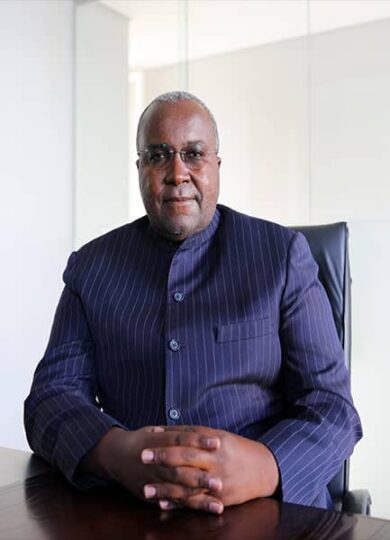The sudden resignation of Namibia’s Minister of Agriculture, Fisheries, Water and Land Reform, Mac-Albert Hengari, just 27 days after his appointment, has sent shockwaves through the nation. Hengari’s resignation followed his arrest on Saturday, alongside another individual, on multiple serious charges, including kidnapping, rape, and assault. The arrest, confirmed by Police Inspector General Lieutenant General Joseph Shikongo, stemmed from an alleged attempt by Hengari to bribe a victim into withdrawing a case involving accusations of repeated sexual contact with a minor between 2019 and September 2024. This abrupt end to Hengari’s ministerial career marks a significant development in Namibian politics, raising concerns about the integrity of public officials and the effectiveness of vetting processes.
The details surrounding Hengari’s arrest paint a disturbing picture. According to reports from the Namibia Broadcasting Corporation (NBC), Hengari faces 11 charges, the most serious of which involve allegations of sexual abuse against a minor. The police investigation reportedly uncovered evidence suggesting Hengari engaged in repeated sexual contact with the minor over a period of several years. The alleged attempt to bribe the victim into silence further exacerbates the gravity of the accusations, indicating a potential attempt to obstruct justice. The arrest of an individual alongside Hengari, reportedly related to the victim, adds another layer of complexity to the case, suggesting potential involvement of others in the alleged cover-up.
The swift action taken by law enforcement authorities, leading to Hengari’s arrest and subsequent resignation, signals a commitment to upholding the rule of law and holding public officials accountable for their actions. Inspector General Shikongo’s statement that the police had “no option” but to arrest Hengari underscores the seriousness of the allegations and the strength of the evidence gathered during the investigation. The rapid unfolding of events, from arrest to resignation, demonstrates a resolve within the Namibian government to address allegations of misconduct promptly and decisively.
This incident evokes memories of the 2019 “Fishrot” scandal, which saw the resignation of two ministers, Sacky Shanghala and Bernhard Esau, following their implication in a major corruption case involving bribery and money laundering within the fishing industry. While the nature of the allegations against Hengari differs significantly from the “Fishrot” case, both incidents highlight vulnerabilities within Namibia’s political system and raise questions about the effectiveness of mechanisms designed to prevent and address misconduct among public officials. These cases underscore the need for robust vetting procedures, transparent investigations, and swift action against those found guilty of wrongdoing, regardless of their position.
Hengari’s resignation creates a sudden vacancy in a critical ministerial portfolio, responsible for overseeing agriculture, fisheries, water, and land reform – sectors vital to Namibia’s economy and the livelihoods of its citizens. President Netumbo Nandi-Ndaitwah now faces the task of appointing a new minister who can effectively manage these crucial sectors and restore public trust. The selection process will be closely scrutinized, with the President under pressure to appoint a candidate with impeccable credentials and a proven commitment to ethical leadership.
This incident serves as a stark reminder of the importance of integrity and accountability in public office. It underscores the need for continuous efforts to strengthen institutional mechanisms that prevent and address misconduct, ensuring that those entrusted with public responsibilities are held to the highest ethical standards. The repercussions of Hengari’s arrest and resignation will likely reverberate through Namibian politics for some time, prompting further reflection on issues of governance, transparency, and the fight against corruption. The case also highlights the crucial role of a free press and an independent judiciary in holding power to account and ensuring justice prevails.


